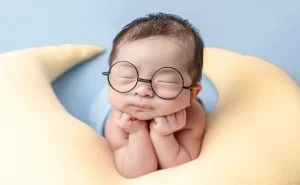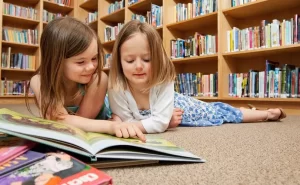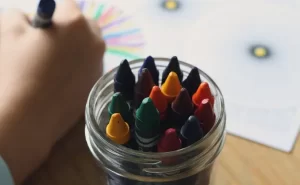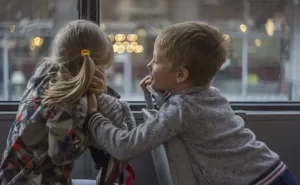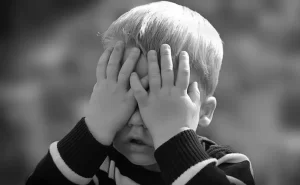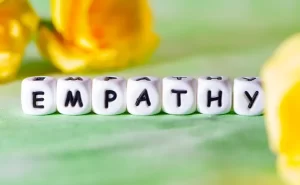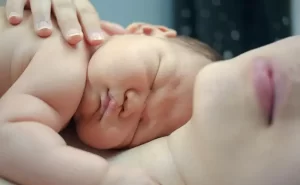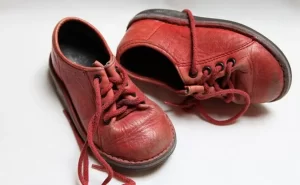Can Someone Watch a Child in Their Own Home?
Yes, a private home can be used for child care. Two main types of child care can be done at home:
Informally, in-home child care is when a family member, friend, neighbor, babysitter, or maid comes to the home of the child or provider to care for them. States and regions don’t usually have rules about it.
Licensed family child care homes: The state gives these homes licenses, and they must meet specific health and safety standards. They often watch small groups of kids, up to 12 at a time, which can include their own kids.
In-Home Child Care Has Several Perks
A place that feels more like home: Kids might feel safer and more at ease in a place that feels more like home than in a place like a child care center.
Smaller ratios of caregivers to children: In-home childcare providers usually have smaller ratios of caregivers to children than childcare places. This lets them give each child more individualized care.
More freedom: Childcare providers who come to your home may be more flexible with your hours and plans than childcare places.
However, some things could go wrong with in-home child care, such as:
There is less supervision because in-home childcare providers are usually the only ones with the kids. This means there is less supervision than in a child care center with many staff members.
Those who provide in-home child care may have less playground equipment, gymnasiums, and teaching tools than those who work in child care centers.
There needs to be more social contact because in-home childcare providers usually care for smaller groups of kids. This means the kids play with fewer other kids than they would in a childcare center with bigger groups.
One possible problem with in-home child care is that they tend to care for smaller groups of kids, which can mean that the kids connect with other kids less.
Positive Outcomes
At childcare centers, kids are usually grouped in bigger groups. But with in-home workers, they might only have a few kids with them at any given time. This can be good because it means each child gets more individualized care and attention, but it may also mean that kids get to play with their friends less.
Being around other people is a big part of a child’s growth because it helps them learn essential social skills like sharing, waiting their turn, and solving problems. Through these activities, kids can also make friends and feel like they fit in their peer group.
When picking in-home child care, it is essential to think about your child’s and your family’s needs. Ensure you go to the caregiver’s house and watch how they play with the kids.
Ask them about their skills, training, and experience. And make sure you get everything in writing, like the rates, the hours of care, and how to end the contract.





